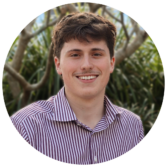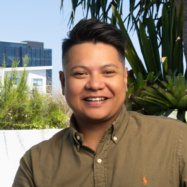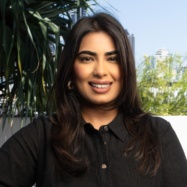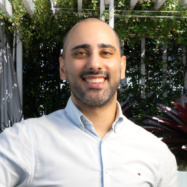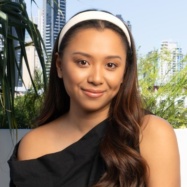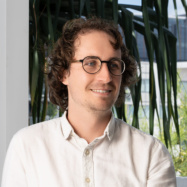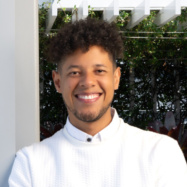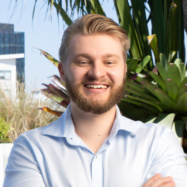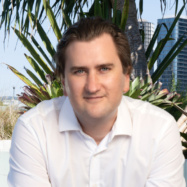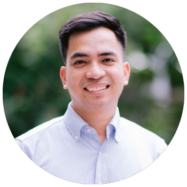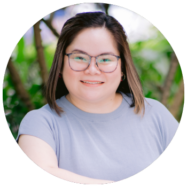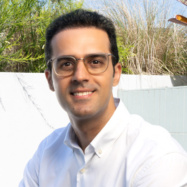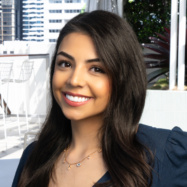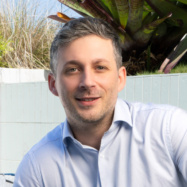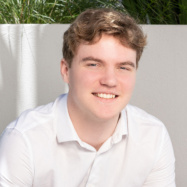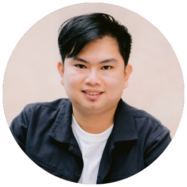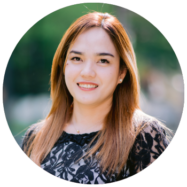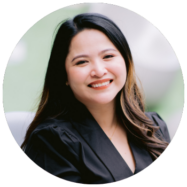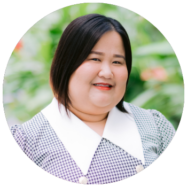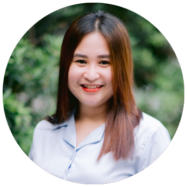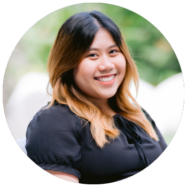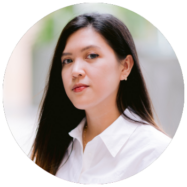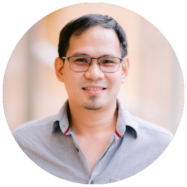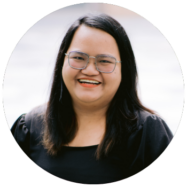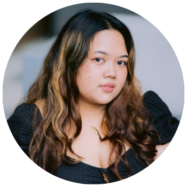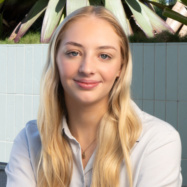How did you get interested in accounting?
My interest in accounting runs in the family—my mum taught it, and a couple of my cousins are accountants. They’ve always emphasised how practical and beneficial the field is. I believe accounting is one of the most valuable branches of commerce to pursue.
What is your favourite thing about working at inspire?
Most of the positives come from the social side of things. The team is super friendly and incredibly helpful. There’s no impatience here; everyone is ready and eager to lend a hand, making it easy to ask for help.
Then there’s the work itself, which is surprisingly engaging. I used to think accounting was all about sitting at a desk all day, but it’s not like that at all. I’m constantly chatting with coworkers about different scenarios. It totally breaks the stereotype of accountants being stuck at their desks.
Why did you join Inspire?
I knew Pat and Eddie who are undergraduates at Inspire before coming in, and I was also keen on joining a boutique accounting firm instead of a large one. I felt a smaller firm would offer better training and a more personalised experience. In a tight-knit group, the training is more hands-on, and there’s a lot more oversight.
In a big firm, it’s easy to get lost in the crowd, but here, everyone stands out. Pat and Eddie always spoke highly of the team and how much they’ve learned over the past year. That played a big part in my decision to join this firm.
What have you learned so far working at Inspire?
I didn’t have much practical experience before coming here. Sure, I’d worked with Excel and similar systems a lot, but never in a real-world setting. My grasp of accounting principles was pretty basic, but it’s grown a lot since I started.
Overall, my knowledge of accounting has definitely improved. I’ve studied basic financial and management accounting at uni, but applying those concepts in real life is a whole different ball game.
The difference between what you learn at university and what you do in the real world is pretty striking. Sometimes, you learn more on the job than in the classroom. For instance, risk management in finance is taught in theory, but its importance really hits home when you’re applying it to real situations, like trading with your own money or working with clients.
Experiencing these concepts firsthand really brings their significance to life.
Fun fact about you that we don’t know
I played a lot of hockey growing up, especially since I’m from Mackay. I spent a lot of time on the field, and I even played for Brisbane.
What are some books you recommend?
The book is called Desert and the Sea by Michael Scott Moore. It’s about a journalist who went to Somalia to report on piracy and ended up being taken hostage by Somali pirates for two years before he was finally released.
I was watching a podcast with Michael Scott Moore, and he mentioned something wild. During his captivity, the pirates were watching a movie about them and his captivity, while he was still held hostage with them. They were watching it right next to him while he was there.
Which Sustainable Development Goal(s) do you choose and why?
The first thing that struck me was the emphasis on “Good Health and Well-being.”
In high school, I studied emerging diseases in regions like Africa. Many of these illnesses have simple treatments in Western countries, where diseases like malaria are easily managed or cured.
We’re fortunate in Western countries to have access to treatments that we often take for granted. Meanwhile, in other parts of the world, people are suffering and dying from conditions that could be easily treated elsewhere. It’s heartbreaking that children are dying from preventable diseases in places where these issues could be resolved.
I remember studying malaria in geography, especially in West African nations, and seeing how dire the situation is there. Even simple issues like cataracts, which are easily treated in countries with good healthcare systems like Australia, can be devastating elsewhere.
Free eye checks and health services are standard here, but in many other countries, people can’t afford such treatments. It’s really unfair that diseases with straightforward solutions remain major problems in other parts of the world.
